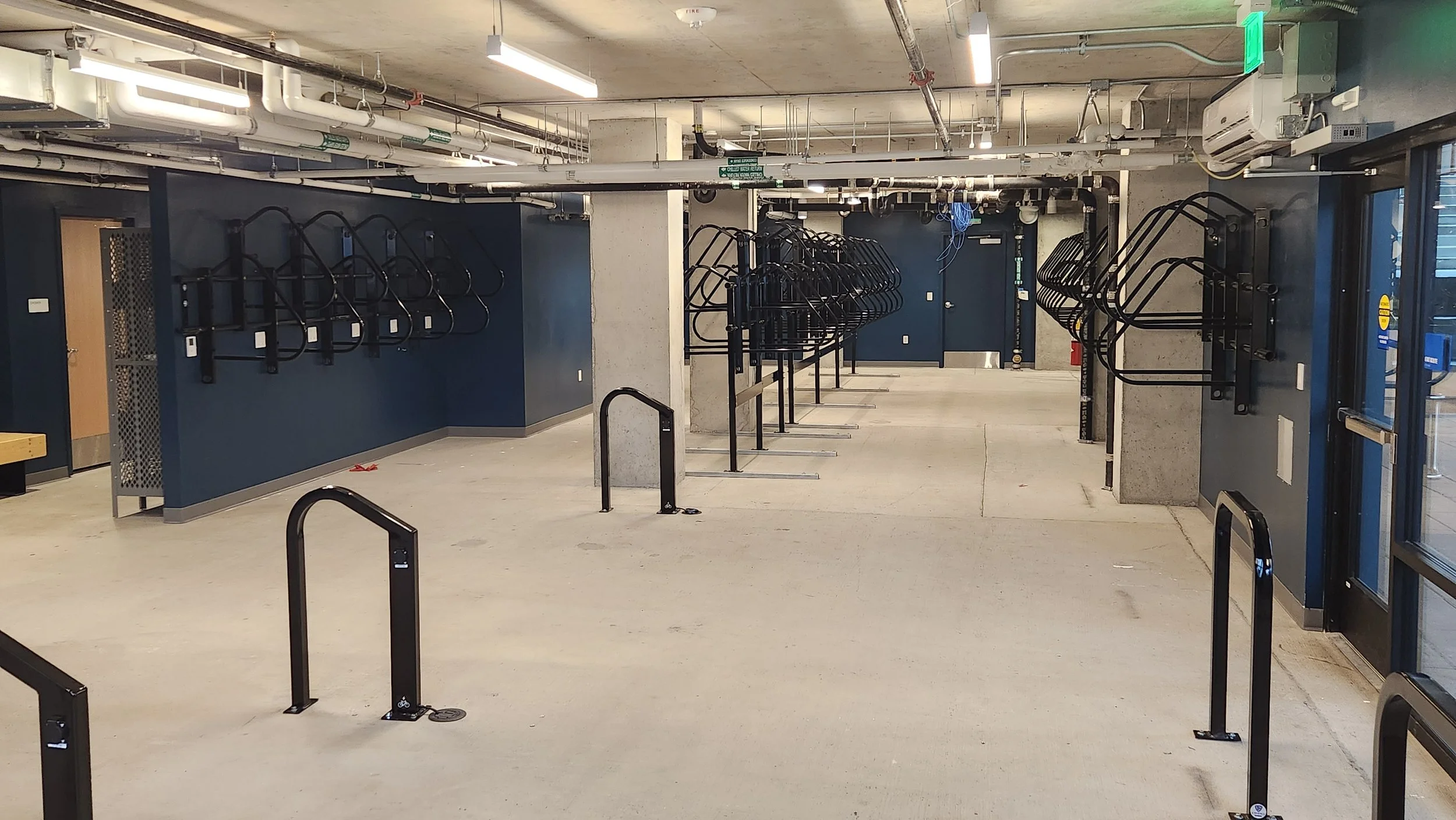Petal Place Imperatives
By supporting local food production, pollinators, and alternative forms of transportation, CornerStone is taking significant steps toward creating a balanced yet thriving urban ecosystem.
Read about some project highlights below.
The Place Petal focuses on integrating the building into its community and environment through the achievement of four Imperatives:
Limits to Growth: Developing on land that was already developed rather than wildlands.
Urban Agriculture: Utilizing area on the project for food production.
Habitat Exchange: Offsetting land development with direct land conservation.
Human-Powered Living: Encouraging non-motorized mobility strategies.
BIODIVERSITY THROUGH URBAN AGRICULTURE
CornerStone’s urban agriculture initiative utilizes area on the project site for food production through a rooftop apiary supported by 4,750 SF of pollinator-friendly plants planted around the building. The four hives are expected to produce at least 240 pounds of honey annually. Each hive pollinates up to 5,000 flowers daily, enhancing local biodiversity and supporting fruiting species across the neighborhood. CornerStone will be working with Beatriche Bees, to foster and manage the rooftop hives.
HUMAN POWERED LIVING, MOBILITY STRATEGIES
The project location benefits from easy access to the Burke-Gilman trail, a 20-mile protected multi-modal trail, one block to the south. The site has excellent bike access with a dedicated bike lane running north and south along Stone Way North, and dedicated bike lanes running east and west along North 34th Street. Cornerstone accommodates a 2,147 SF bike & shower amenity space, including 104 vertically mounted bike racks, floor mounted bike hoops with electrical charging infrastructure, accessible bike racks for equitable access, and six shower stalls.
HABITAT EXCHANGE
As an offset to the total developed area of the project site, CornerStone partnered with Forterra to donate 1 acre of land as part of a larger 102 acre conservation transaction of forestland near the Lake Serene and Mt. Index natural areas. Corridors of continuous habitat are important for species that migrate seasonally or have extensive home ranges, as well as dispersal and recolonization. In addition to its value as a premier recreation destination, the Lake Serene property supports valuable Pacific Northwest forest and aquatic ecosystems that provide habitat for a diverse range of native species. A notable diversity and abundance of native fruiting shrub species like osoberry, thimbleberry, red huckleberry, elderberry and snowberry provide a local abundance of food for mammals and birds.






